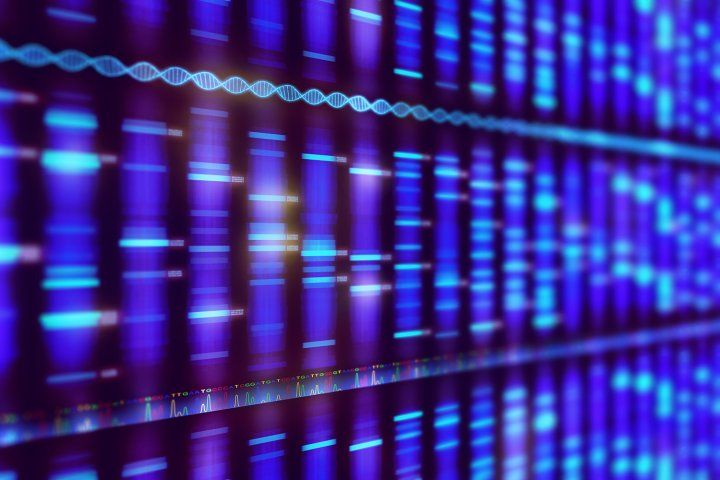
A new study led by Teresa Sparks, MD, MAS, an investigator in the Center for Maternal-Fetal Precision Medicine and Assistant Professor in the Department of Obstetrics, Gynecology & Reproductive Sciences at UCSF, shows the promise of high-throughput DNA-sequencing technologies to improve prenatal diagnosis and pregnancy outcomes for women who have experienced an abnormal prenatal ultrasound. (UCSF press release)
The study was funded by the Fetal Health Foundation, the Brianna Marie Foundation, the National Institutes of Health, Ultragenyx, and the UCSF Center for Maternal-Fetal Precision Medicine.
Article published in the New England Journal of Medicine (NEJM), 7 Oct 2020: Exome Sequencing for Prenatal Diagnosis in Nonimmune Hydrops Fetalis
Related NEJM Editorial by Mark D. Kilby, DSc, MD
NIH Science Update: DNA Sequencing Technique Helpful for Identifying Genetic Causes of Fetal Fluid Buildup
When Is Exome Sequencing Valuable in Prenatal Diagnosis? A webinar from the UCSF Fetal Treatment Center presented by Mary N. Norton, MD, and Teresa N. Sparks, MD, MAS.




